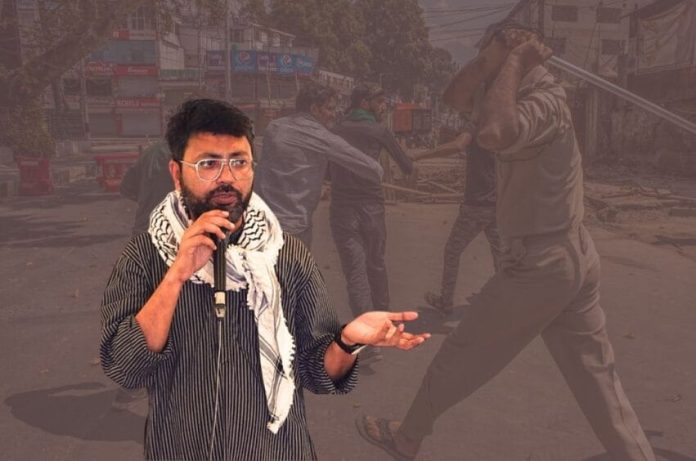New Delhi, July 18: The sweeping changes to India’s criminal justice system implemented on July 1, 2024, have ignited widespread debate and criticism from legal experts, rights activists, and Opposition parties. Critics argue that the new laws grant excessive power to the police and pose significant threats to civil liberties.
The Bharatiya Nyaya Sanhita (BNS), Bharatiya Nagarik Suraksha Sanhita (BNSS), and Bharatiya Sakshya Adhiniyam (BSA) have replaced the Indian Penal Code of 1860, the Code of Criminal Procedure of 1898, and the Indian Evidence Act of 1872. While the government claims these laws will herald a new era of justice, many experts and activists have expressed concerns over provisions they believe could lead to abuse.
At an event held at the Jamaat-e-Islami Hind (JIH) headquarters, Nadeem Khan, national secretary of the Association for Protection of Civil Rights (APCR), remarked, “These new laws grant excessive and unchecked power to the police over citizens, reversing the fundamental principle that it’s better for ten guilty persons to go free than for one innocent to suffer.”
Khan criticized the rushed and opaque process by which the laws were drafted and passed, noting the lack of extensive consultation and debate that characterized previous reforms. “No proper democratic process was carried out in bringing these laws,” he stated. “Public consultation and opinions were not sought, nor were they adequately discussed and debated at various levels, including in parliament.”
The new laws significantly empower the police, drawing parallels to their colonial-era introduction in response to the 1857 freedom struggle. Despite the evolution of colonial-era laws through extensive consultation, amendments, and judicial interpretation, Khan argued that the recent overhaul lacked such a democratic process.
Khan detailed that the committee set up for criminal law reform in May 2020 failed to engage experts or conduct public consultations. He criticized the government for introducing the bill as a supplementary agenda during the monsoon session of Parliament in August 2023. After initial protests and withdrawal, it was reintroduced in December 2023 and passed through voice votes in both Lok Sabha and Rajya Sabha without significant opposition, allegedly after suspending 146 MPs.
One of the most contentious aspects of the new laws is the expansion of police powers. Key concerns include:
– Handcuffing: Broader authority for police to handcuff accused individuals before conviction, despite previous Supreme Court rulings restricting this practice to the rarest cases.
– Preventive Detention: Section 172 of the BNS grants police sweeping authority to detain individuals they suspect might commit a crime, with fewer checks and balances.
– Extended Police Custody: Ambiguous provisions allowing for detentions lasting several days without judicial oversight, extending beyond the previous 24-hour requirement.
– Bail and Remand: Increased permissible duration of police custody, reversing the judiciary’s principle that ‘bail is the rule and jail is the exception.’
The new laws also make electronic evidence fully admissible, raising concerns about potential abuse. Khan warned that police could seize electronic equipment without a warrant, potentially leading to misuse in politically sensitive cases.
Additionally, the new laws allow trials to proceed without the accused present, raising the risk of ex parte convictions. The expanded definition of terrorism includes minor offenses such as social media posts, potentially stifling dissent and targeting activists or opposition figures.
Khan also highlighted the omission of provisions for compensating wrongfully detained or imprisoned individuals, contrasting with practices in many other countries.
As these laws take effect, the impact on India’s courts, police, and civil society remains to be seen. For now, the introduction of these laws represents a significant and controversial shift in India’s approach to criminal justice, with profound implications for civil liberties.




